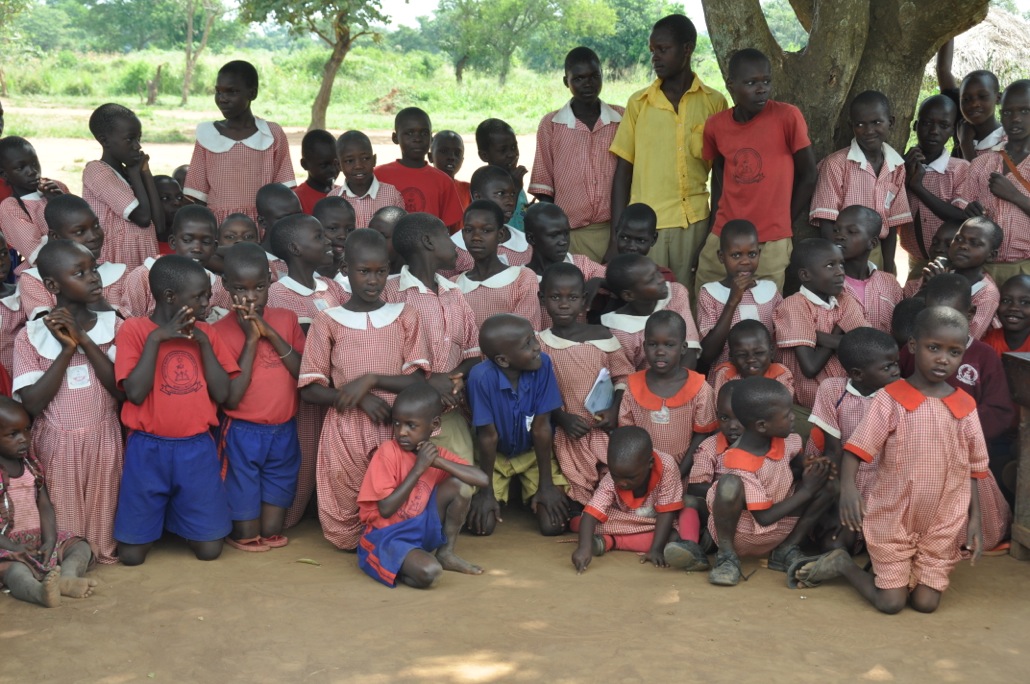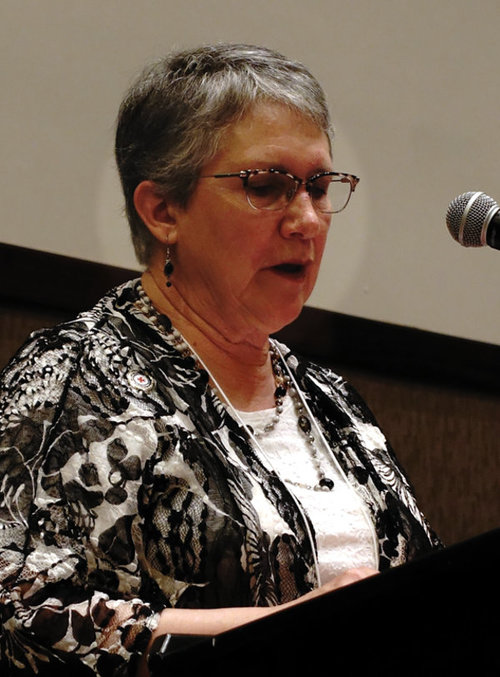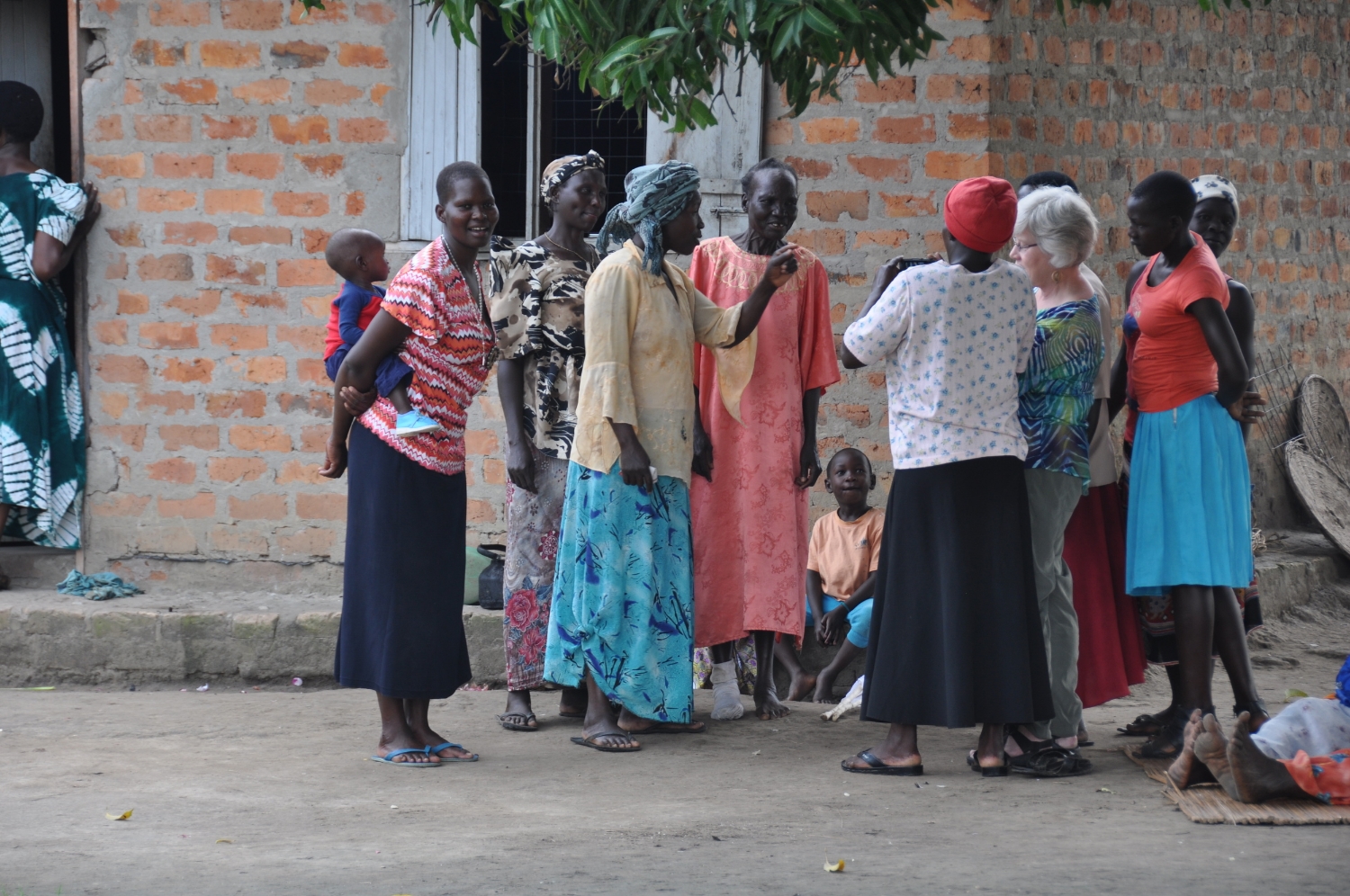Food Security, Dignity and School Fees
/“No one in this community can look down on me anymore because I am now highly respected. I can pay my children’s school fees on time without having to wait and see if my husband will have enough money.”
KRMA member Gorretti captures the essence of why krma-US Partners, with your help, supports the cassava agri-business in the far away corner of under-resourced Kobulubulu, Uganda.
KRMA members share the dramatic impact of this year’s revenues on increased food security and payment of school fees for all of their children. Listen for the hope and sense of dignity that is revealed in their words:
Beatrice, one of the farmers in Kobulubulu and current chair of KRMA, says:
“I never imagined I would one day make good money from cassava. Now I can pay tuition and fees on time for my seven children. I can now say to members and to our community how growing cassava has changed our lives. It has done so much for me at a personal level.”







